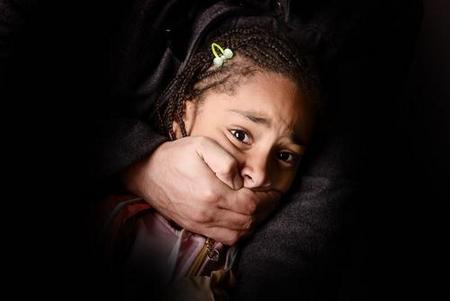Hague Convention: Understanding the Organization’s Role in Family Law Cases
 Unless you have have had a child abducted and taken over an international border, or have attempted to adopt a child from another country, it is unlikely that you have heard of the Hague Convention. Yet it is an organization that all families should be familiar with, especially if they are considering an international adoption, believe their child may be at risk for abduction in a child-related family law case, or are involved in a domestic violence situation. The following explains further, and provides key details on how a family law attorney can assist with your case involving children and international borders.
Unless you have have had a child abducted and taken over an international border, or have attempted to adopt a child from another country, it is unlikely that you have heard of the Hague Convention. Yet it is an organization that all families should be familiar with, especially if they are considering an international adoption, believe their child may be at risk for abduction in a child-related family law case, or are involved in a domestic violence situation. The following explains further, and provides key details on how a family law attorney can assist with your case involving children and international borders.
The Hague Convention in International Adoptions
If you are familiar with history, you have likely heard of baby factories - places where women are “bred” and then give birth to their babies, only to have them snatched away and sold overseas. Of course, you may also assume that these factories are just a black spot in history books. Sadly, this could not be further from the truth. Baby factories still exist. In fact, Nigeria and China have both been focal points for international agencies that combat child trafficking.
The Hague Convention plays a critical role in the prevention of illegal, premature, and irregular overseas adoptions. This includes those that take place without the mother’s consent, such as those seen in baby factories. It also includes other forms of international child trafficking and abduction, which can take place either in other countries, or right here in the United States. It does not assist in individual adoptions. However, many of the adoption agency regulations are based upon recommendations from the Hague Convention.
The Hague Convention and Child Abductions in Family Law Cases
Divorces and other family law cases, such as those involving the placement of a child born to non-married parents, often turn contentious. However, some step over the line and turn into a nightmarish experience - one where a child is taken away from a parent and then transported over international lines. Though they do not intervene on individual cases, the Hague Convention does help prevent and manage such cases through regulation and extradition policies. In most situations, this is a positive thing - particularly if a parent has employed the assistance of an experienced lawyer.
Not all abduction cases are done with the intent to maliciously deny a parent their rights to a child. Some may actually attempt to flee the country because they truly believe it is the best way to keep them and their child safe from an abuser. Unfortunately, this does not alter the law or extradition policies. Furthermore, the extradition process could potentially result in criminal charges for the fleeing parent and may also place the child at risk of being returned to an abusive parent. This is why it is critical that domestic violence victims seek experienced legal assistance instead of trying to handle matters on their own.
Contact Our DuPage County Family Law Attorneys
Regardless of whether you wish to adopt internationally, fear the possible abduction of your child, or need assistance ensuring your child is protected from an abuser, Mevorah & Giglio Law Offices can help. Familiar with the Hague Convention and its regulatory guidelines for international adoption and extradition, we can advise you on how to move forward with your case. In every situation, we seek to preserve the best interests of your child and your parental rights. Learn more about how our DuPage County family law attorneys can assist with your case. Call 630-93209100 and schedule your free consultation with us today.
Sources:
https://www.hcch.net/en/instruments/conventions/specialised-sections/intercountry-adoption
http://www.reuters.com/article/us-nigeria-humantrafficking-babies-idUSKCN12C039?il=0
http://www.dailymail.co.uk/femail/article-424450/The-shocking-truth-baby-factories.html
http://www.freep.com/story/life/2016/03/19/not-without-my-daughter-michigan-mahtob-mahmoody/77563602/
https://www.hcch.net/en/instruments/conventions/specialised-sections/child-abduction
 English,
English,
 Spanish,
Spanish,
 Polish,
Polish,
 Urdu
Urdu













 Make a Payment
Make a Payment



